Feeling overwhelmed by the hustle and bustle of urban life? You’re not alone. In Orlando, where the pace is relentless, many are seeking a breath of fresh air through a holistic approach to health. Enter “The Mind & Body Reset: Urban Detox and Rejuvenation in Orlando.” This article dives into the transformative power of an Orlando detox, offering you practical strategies to rejuvenate your mind and body amidst the chaos. Discover how to reclaim your vitality and foster a deeper connection with yourself, right in the heart of the city. Let’s embark on this journey together!
Understanding Orlando Detox and Its Importance
An Orlando detox is not just a trendy buzzword; it’s a vital process for those seeking to regain control over their lives. Detoxification refers to the body’s natural process of eliminating toxins and impurities, which can accumulate due to various factors like stress, poor diet, or substance use. This process can be particularly beneficial for individuals grappling with substance use disorders or those looking to improve their overall health.
Why is Detox Important?
- Physical Health: Detox helps cleanse the body, promoting better organ function and enhancing overall health.
- Mental Clarity: It can lead to improved mental health, reducing anxiety and depression symptoms.
- Lifestyle Reset: A detox provides an opportunity to break bad habits and establish healthier routines.
| Benefits of Orlando Detox | Description |
|---|---|
| Physical Health | Cleanses the body of toxins, aiding organ function. |
| Mental Clarity | Enhances focus and reduces anxiety. |
| Positive Lifestyle Change | Encourages the adoption of healthier habits. |
“Detoxification is a crucial first step in the recovery journey, allowing individuals to reset their bodies and minds.” – Recovery Specialist
In Orlando, various detox programs cater to these needs, making it essential to understand the different types available.
Types of Detox Programs Available in Orlando
When considering an Orlando detox, it’s crucial to evaluate the different programs available. These typically fall into two main categories: inpatient and outpatient detox programs.
Inpatient Detox Programs
Inpatient detox programs provide a structured environment where patients stay at a facility for a set duration. This setting allows for constant medical supervision and support.
- 24/7 Monitoring: Patients receive round-the-clock care from medical professionals.
- Elimination of Distractions: Being in a controlled environment helps patients focus solely on recovery.
- Comprehensive Support: Access to therapy and support groups is readily available.
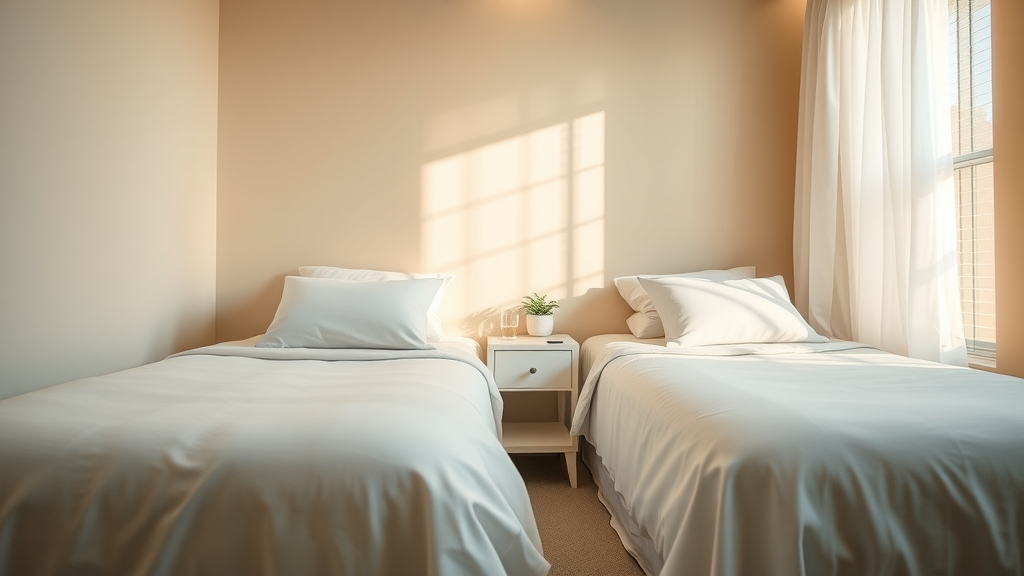
Outpatient Detox Programs
Outpatient detox programs allow individuals to receive treatment while continuing their daily lives. This flexibility can be crucial for those with work or family commitments.
- Less Intensive: Ideal for those with milder addictions or who have completed an inpatient program.
- Flexibility: Patients can attend sessions while still engaging in everyday responsibilities.
- Community Support: These programs often incorporate group therapy and community resources.
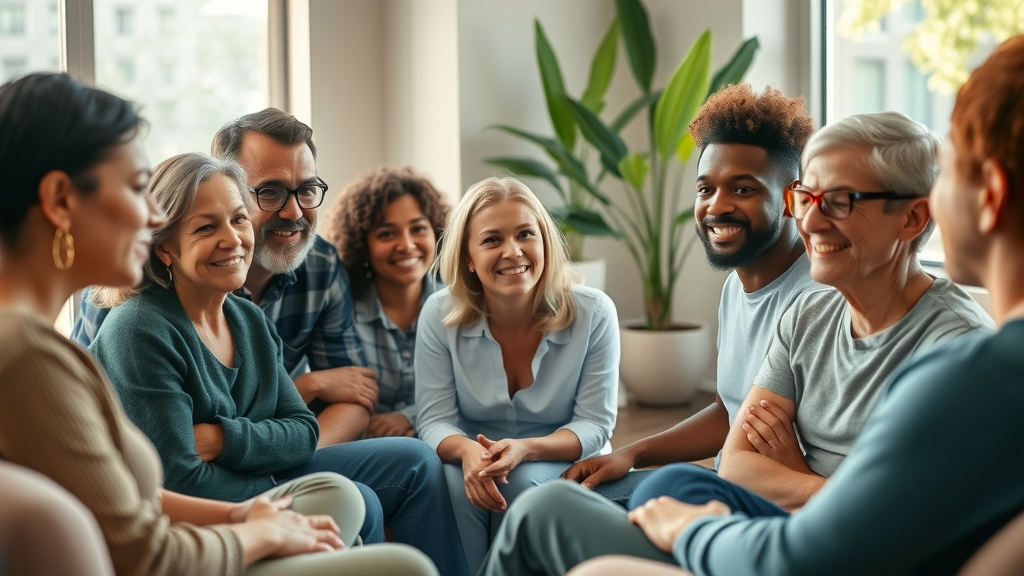
Key Features of Orlando Detox Centers
Choosing the right Orlando detox center is essential for a successful recovery journey. Here are some key features to consider:
Medical Support and Supervision
- Qualified Medical Staff: Ensure that the facility has licensed medical professionals available 24/7.
- Personalized Care Plans: Each patient should receive a tailored care plan addressing their unique needs.
Therapeutic Activities
- Holistic Approaches: Incorporate activities like yoga, meditation, and art therapy to promote mental well-being.
- Physical Activities: Many centers offer fitness programs that include aerobics, weights, and group sports.
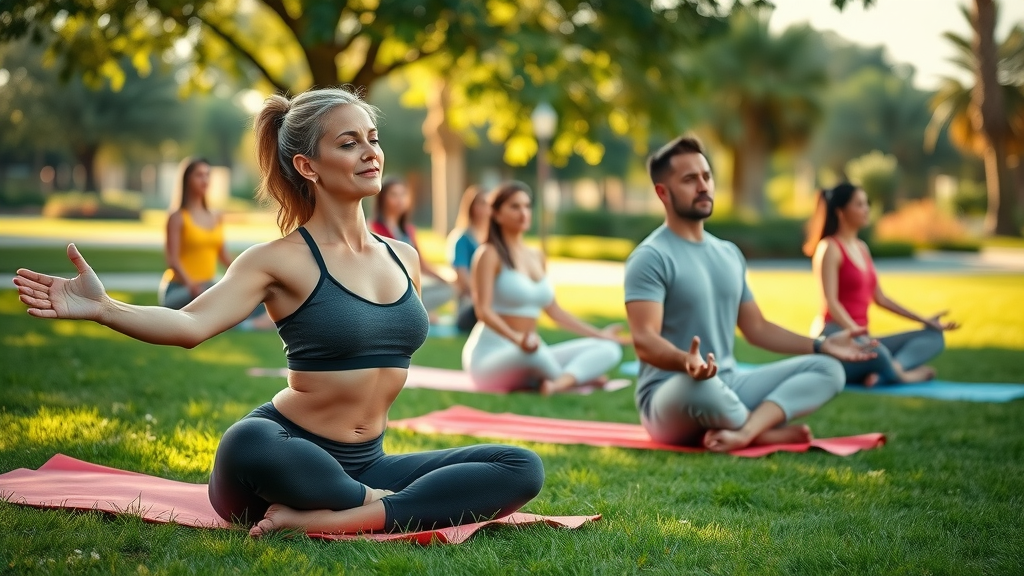
Living Accommodations
- Comfortable Facilities: Look for centers with clean, comfortable accommodations that promote relaxation.
- Community Spaces: Access to lounges, patios, and recreational areas can enhance the recovery experience.
Cost of Detox Programs in Orlando
Understanding the costs involved in an Orlando detox is essential for planning your recovery journey.
Average Costs and Insurance Coverage
The cost of detox programs can vary widely based on the type of program and the level of care provided. Here’s a breakdown:
- Inpatient Programs: Generally range from $500 to $1,500 per day.
- Outpatient Programs: Typically cost between $100 and $500 per session.
| Type of Program | Average Cost per Day | Insurance Coverage |
|---|---|---|
| Inpatient Detox | $500 - $1,500 | Often partially covered |
| Outpatient Detox | $100 - $500 | Varies by plan |
“Investing in a quality detox program can save lives and lead to long-term recovery.” – Health Advocate
Financial Assistance Options
- Sliding Scale Fees: Many centers offer fees based on a patient’s income.
- Insurance Plans: Check with your provider to understand coverage options for detox services.
What to Expect During the Detox Process
Understanding what to expect during the Orlando detox process can help ease anxiety. Here’s a typical timeline:
Initial Assessment and Treatment Planning
- Comprehensive Evaluation: Upon arrival, you’ll undergo a medical assessment to determine the best treatment approach.
- Customized Treatment Plan: Based on the assessment, a personalized care plan will be created.
Managing Withdrawal Symptoms
- Medical Detox: For those experiencing severe withdrawal, medical interventions may be necessary.
- Supportive Care: Emotional and psychological support is crucial during this phase.
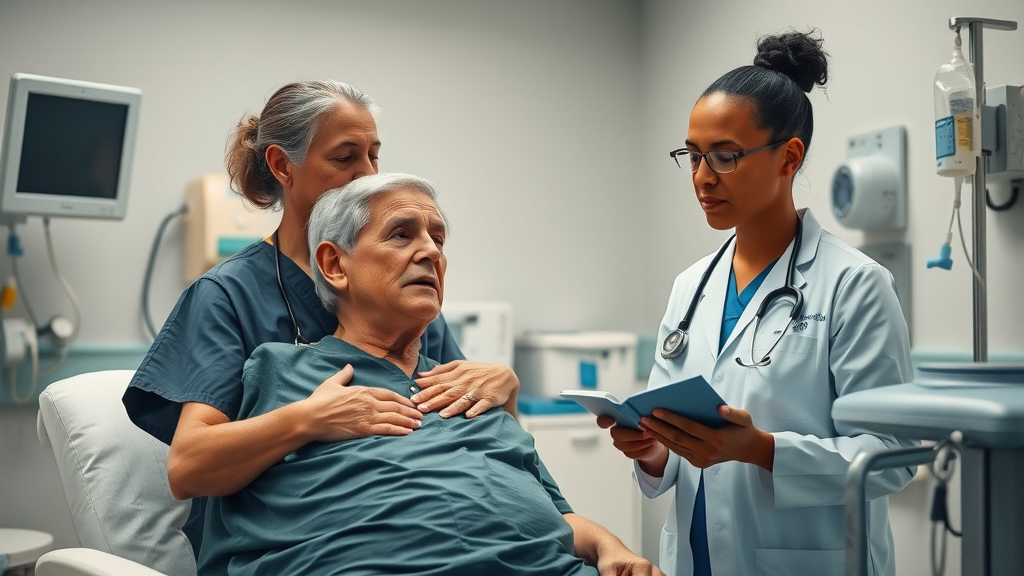
Support Systems and Aftercare
- Therapy Sessions: Engage in individual and group therapy to address underlying issues.
- Aftercare Planning: Establish a follow-up plan to maintain sobriety post-detox.
Finding the Right Orlando Detox Center
Selecting the right Orlando detox center is a crucial step in your recovery journey. Here are some tips for making the right choice:
Evaluating Facilities and Programs
- Accreditation: Look for facilities accredited by organizations like the Joint Commission.
- Treatment Modalities: Ensure the center offers evidence-based therapies that align with your needs.
Questions to Ask Before Admission
- What types of programs do you offer?
- What is the staff-to-patient ratio?
- How do you handle medical emergencies?
Additional Resources and Support
The journey to recovery extends beyond detox. Here are some valuable resources:
Community Support Groups
- Local Meetings: Engaging with local support groups can foster a sense of community.
- Outreach Programs: Many organizations in Orlando offer free resources and support.
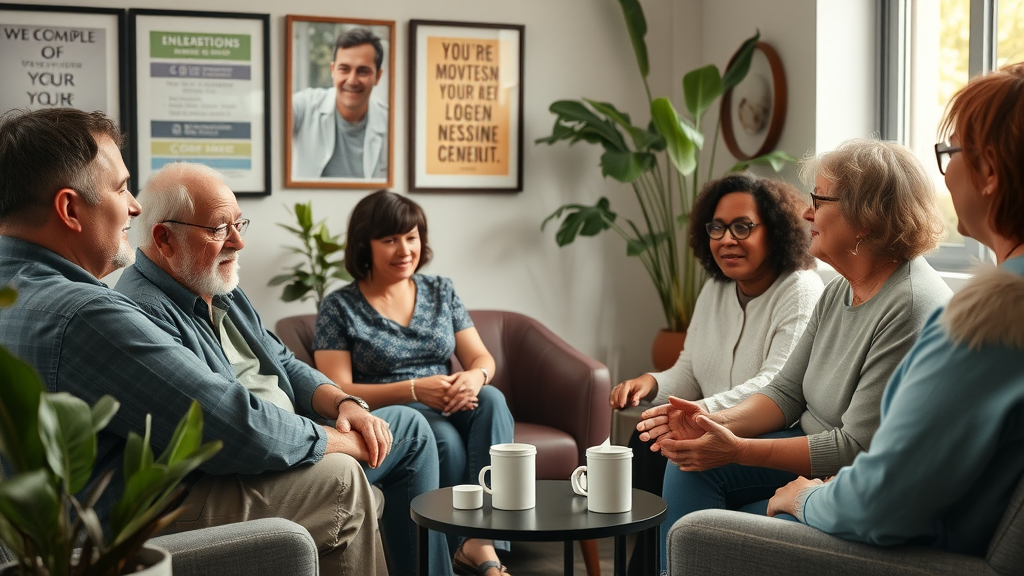
Online Resources for Recovery
- Webinars and Workshops: Many organizations provide online tools and resources for ongoing support.
- Forums and Communities: Online platforms can connect you with others on similar paths.
Conclusion
Embarking on an Orlando detox journey is a significant step toward reclaiming your health and well-being. By understanding the various detox options, costs, and expectations, you can make informed decisions that align with your recovery goals. Remember, you’re not alone in this journey; countless resources and support systems are available to guide you.
Key Takeaways
- Detox is essential for physical and mental well-being.
- There are two main types of detox programs: inpatient and outpatient.
- Medical support and therapeutic activities are crucial features of detox centers.
- Understanding costs and insurance coverage is vital for planning.
- Support systems play a key role in recovery, both during and after detox.

For those feeling overwhelmed, take the first step today. Explore the options available through Orlando detox centers and reclaim your life.
 Add Row
Add Row  Add
Add 





 Add Row
Add Row  Add
Add 
Write A Comment